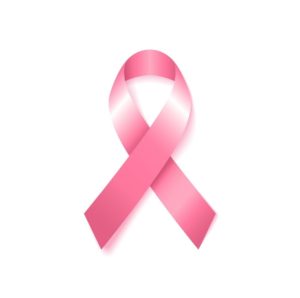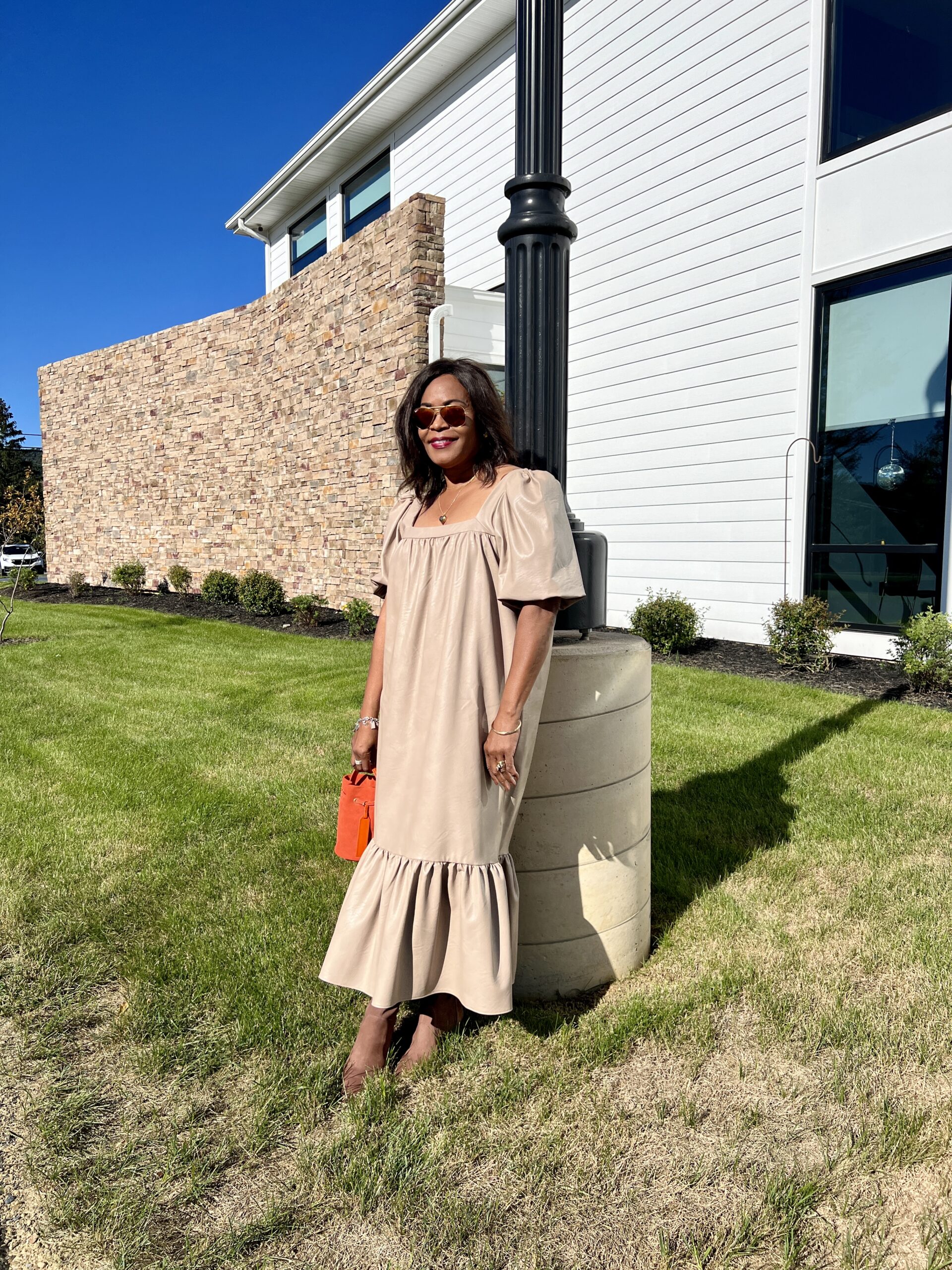As women, we live with the looming threat of the possibility of Breast Cancer. This month, in particular, is designated as the pink month. It is the perfect time to get all the need-to-know risk factors for Breast Cancer prevention.
![]()
![]()

All women over 40 should get mammograms every year. The Affordable Care Act/Obamacare made provisions for this annual exam to provide benefits. Most commercial or Medicare Part D medical insurance has no cost sharing. So, ladies, there’s no excuse for not getting a yearly mammogram.
It’s worth noting that under the ACA, most private health insurers must provide coverage for women’s health preventive care. Not just mammograms but screenings for cervical cancer and prenatal care. When uninsured, the PA Breast Cancer Coalition includes a range for women without medical insurance in Pennsylvania.
Unfortunately, all women will know of someone close to her with a breast cancer diagnosis. For me, my mother and my niece. To understand my cancer risk, I completed the genetic testing panels to learn of my low risk.
![]()
![]() Here’s the need to know about Breast Cancer Prevention Risk Reduction:
Here’s the need to know about Breast Cancer Prevention Risk Reduction:
Breast Cancer Prevention Screening:
🎀 The annual mammogram is the gold standard for breast cancer prevention
🗓 Monthly Breast Self Exam
🥼 Yearly clinical breast exam made by a health professional
The Modifiable Breast Cancer Risks You Can Control:
Lifestyle/Health Behaviors:
🍩 🍫 Unhealthy Diet
🍎 🥒 Eat lots of fruits and veggies
🏃🏽♀️ Healthy weight, especially after Menopause
🚭 Not Smoking
👟 Physical Activity (three to four times per week)
🍷 Limit or avoid alcohol
💊 Avoid post-menopausal hormones (HRT)
Non-Modifiable Risk Factors for Breast Cancer You Can Not Control:
🌸 Being female
🎀 Age (The risk for breast cancer increases with age)
🌸 Race/Ethnicity (White women are slightly more likely to develop breast cancer than African American women)
🎀 Family History (Having a mother, sister, or daughter with breast cancer)
🌸 Personal history of breast cancer
🎀 Starting your period before age 12
🌸 Starting Menopause after age 55
🎀 Having children after the age of 35 or never having children
🌸 Breast density
🎀 Not breastfeeding
🌸 Radiation treatment to the chest area for another cancer
🎀 Inherited genetic mutations (BRCA1/BRCA2)
Having one or more risks doesn’t mean you’ll get breast cancer. Also, some women have breast cancer even when they don’t have any of these risks.
Today, I honor and pray for Breast Cancer survivors: those currently battling the disease and the many lives lost yearly. The survival rates for early detection are promising, so schedule your annual mammogram today if you’ve not already done so.








